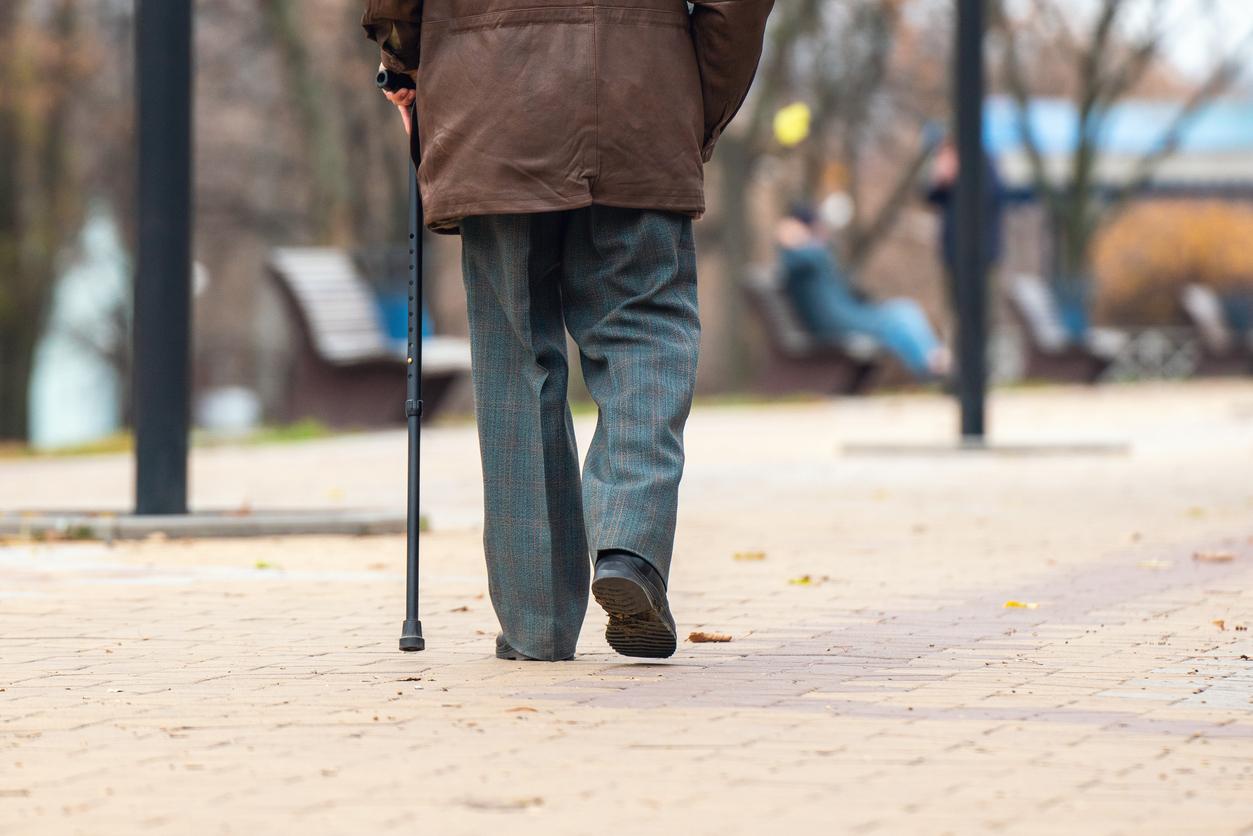Stopping at a bus station before your destination, swapping the elevator for the stairs… When it comes to our health, every little step counts.

- Doing 1,000 more every day would lead to a 28% decrease in deaths, or even a 32% decrease for more than 2,000 steps per day continuously.
- Taking 2,000 or more extra steps during walking periods has been linked to other longevity benefits, the researchers note.
All the people who frantically consult the pedometer of their smartphone since the pandemic have undoubtedly adopted an excellent reflex. Because, let’s remember: fighting against a sedentary lifestyle increases life expectancy.
This study presented this week at the Conference of theAmerican Heart Association shows in particular that increasing the number of daily steps by 1,000 steps would lead to a 28% reduction in deaths, or even 32% for more than 2,000 steps per day without interruption. These results were obtained from the follow-up of 16,732 women aged 72 on average, from 2011 to 2015.
Participants wore a waist-mounted step counter that was used to count their daily step count, as well as monitor their walking habits for four to seven days. All took part in the Women’s Health Study, a large national study on the prevention of heart disease, cancer and other long-term illnesses.
“Our current results indicate that this finding holds even for women who did not engage in periods of uninterrupted walking. Taking 2,000 or more extra steps during walking periods has been linked to other benefits for longevityé”, explains Christopher C. Moore, lead author of the study and doctoral student in epidemiology at the University of North Carolina (United States).
A greatly reduced risk of death in active women
A previous analysis of the same women in this cohort found that those who took 4,500 steps a day had a significantly lower risk of death than the least active women.
“Seniors face many barriers to participating in structured exercise programs, so some may find it more convenient and enjoyable to increase their daily walking habits, such as parking a little more away from their destination or do some extra housework or gardening“, explains Christopher Moore.
However, the study covers a narrow spectrum of the population, since it was carried out mainly on non-Hispanic white women. Further research is therefore needed to determine whether the findings apply to men, younger women, and people from diverse racial and ethnic groups, the authors of the work stress.
.

















